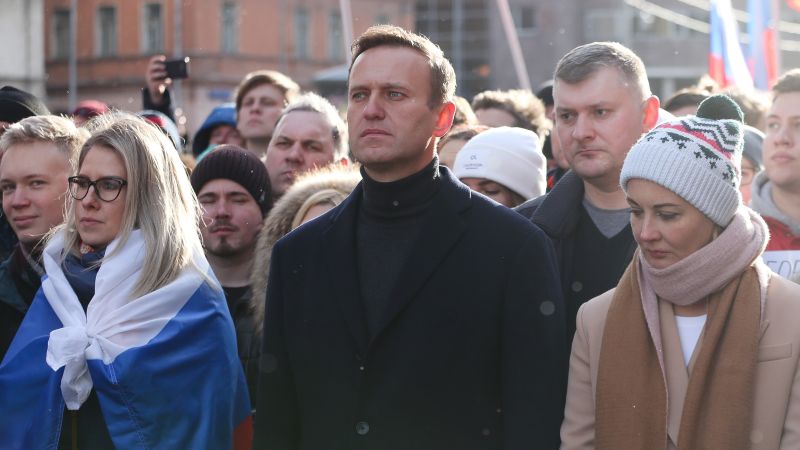In response to opposition leader Alexey Navalny’s death in a Russian prison, a group of anti-Kremlin hackers launched a revenge campaign. By gaining access to a computer network connected to Russia’s prison system, the hackers defaced a prison contractor’s website with photos of Navalny and stole a database containing information on hundreds of thousands of Russian prisoners. The hackers, who are a mix of nationalities including Russian expatriates and Ukrainians, shared this data in the hopes of finding out more about Navalny’s death and contacting their relatives.
The hackers also manipulated the prices on the Russian prison system’s online commissary, making items like noodles and canned beef available for just one ruble, causing chaos until the IT staff at the prison shop were able to shut down the discounts a few days later. The database that the hackers claimed to have breached contains information on about 800,000 prisoners and their relatives and contacts, with 34 regions in Russia being served by the online prison shop. Despite CNN’s attempts to verify the information with JSC Kaluzhskoe and the Federal Penitentiary Service, there has been no response from them.
A cybersecurity expert confirmed that the leaked data appeared authentic and that the hackers had complete access to it. The hacking group even sent warnings to administrators not to remove the pro-Navalny messages from the website, retaliating by destroying one of the administrators’ computer servers when their demands were not met. Navalny, known for his opposition to Russian government corruption, died under mysterious circumstances at a prison in the Yamalo-Nenets region, with the US holding Russian President Vladimir Putin responsible for his death.
Politically motivated hacking, or hacktivism, has become prevalent since Russia’s invasion of Ukraine, with various groups engaging in cyberattacks to express their perspectives and influence the war. The hack of the online prison shop was just one example of hacktivism in action, with a message from Russian expatriates expressing their love for their country and their determination to fight against the Putin regime. The war in Ukraine has led to an increase in hacktivism, allowing diverse groups to rally behind their nations and target perceived adversaries.
These events mark a new chapter in the use of hacktivism, with groups like pro-Ukraine hackers targeting Russian entities in retaliation for various actions. The hacking of the online prison shop, in particular, demonstrates the power of hacktivism in expressing dissent and seeking justice. As the political landscape continues to evolve, hacktivism is likely to play an increasingly important role in influencing public opinion and shaping the outcome of conflicts.















